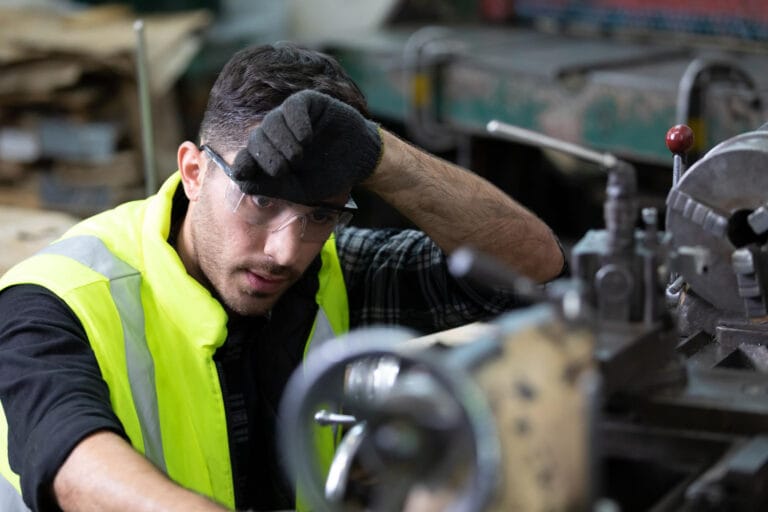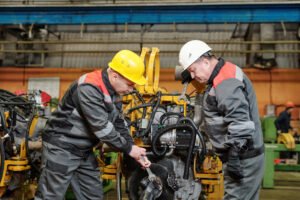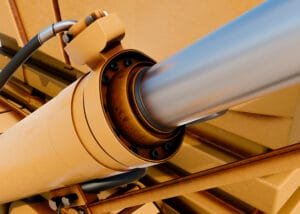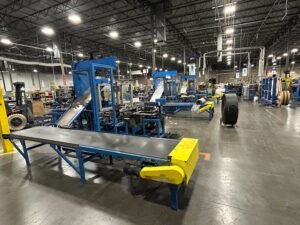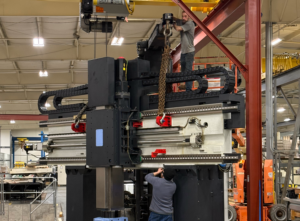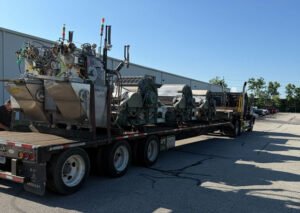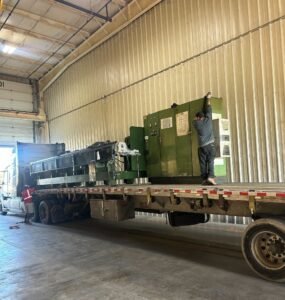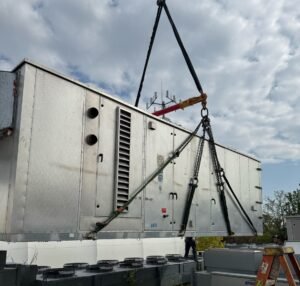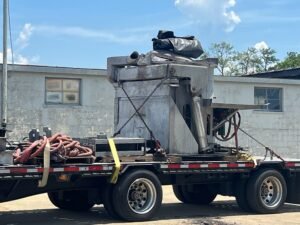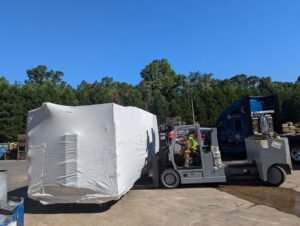Machinery breakdowns are inevitable in industries reliant on complex systems. Whether it’s a manufacturing plant, power generation facility, or construction site, millwrights play a pivotal role in diagnosing and resolving machinery issues. Their expertise not only minimizes downtime but also ensures the safety and efficiency of operations. This article delves into the common machinery problems, troubleshooting techniques, and valuable insights millwrights offer to keep machinery running smoothly.
The Role of Millwrights in Machinery Maintenance
Millwrights are skilled professionals specializing in the installation, maintenance, and repair of industrial machinery. Their work goes beyond basic mechanical repairs, as they are experts in precision alignment, system troubleshooting, and machinery optimization. Their insights into machinery systems are invaluable for industries striving to enhance operational efficiency.
Key Responsibilities:
- Installation of machinery with precision alignment tools.
- Diagnosing faults in mechanical, hydraulic, and pneumatic systems.
- Preventive maintenance to avoid unexpected breakdowns.
- Repair and replacement of worn-out components.
- Consulting on machinery upgrades for improved performance.
Common Machinery Issues and Their Causes
Understanding the root cause of machinery issues is the first step in troubleshooting. Here are some of the most frequent problems millwrights encounter:
Misalignment
Misalignment occurs when machinery components such as shafts or belts are not properly aligned, leading to vibrations, excessive wear, and energy loss.
Causes:
- Incorrect installation.
- Component wear over time.
- Inadequate maintenance practices.
Solution:
- Use laser alignment tools to achieve precise alignment.
- Regularly inspect alignment during maintenance.
Overheating
Overheating is a common issue in motors, compressors, and other machinery. It can cause severe damage if not addressed promptly.
Causes:
- Insufficient lubrication.
- Blocked ventilation systems.
- Overloading of machinery.
Solution:
- Check lubrication levels and use the recommended grade.
- Clean cooling systems and vents.
- Avoid operating machinery beyond its capacity.
Component Wear and Tear
Continuous operation can lead to wear and tear in gears, bearings, belts, and seals, reducing efficiency and increasing the risk of failure.
Causes:
- Inadequate lubrication.
- Excessive load on machinery.
- Poor-quality materials.
Solution:
- Schedule regular inspections and replace worn components.
- Ensure the use of high-quality parts during repairs.
Hydraulic and Pneumatic Issues
Hydraulic and pneumatic systems often face issues like leaks, pressure drops, or malfunctioning valves.
Causes:
- Damaged seals or hoses.
- Contaminated fluids.
- Improper pressure settings.
Solution:
- Replace damaged seals and hoses.
- Use clean and appropriate fluids.
- Adjust pressure settings as per specifications.
Electrical Failures
Electrical problems such as short circuits, blown fuses, or motor failures can halt operations.
Causes:
- Faulty wiring.
- Power surges.
- Aging components.
Solution:
- Conduct routine electrical inspections.
- Install surge protection devices.
- Replace outdated electrical components.
Troubleshooting Techniques Used by Millwrights
Millwrights rely on a systematic approach to troubleshoot machinery issues effectively. Here are the steps they follow:
Initial Inspection
The first step involves visually inspecting the machinery for signs of damage, wear, or misalignment.
Key Actions:
- Check for visible cracks, leaks, or loose components.
- Listen for unusual noises during operation.
- Feel for excessive vibrations or heat.
Root Cause Analysis
Millwrights use diagnostic tools to identify the underlying cause of the issue.
Tools Used:
- Vibration analyzers to detect imbalances.
- Thermal cameras for identifying overheating components.
- Laser alignment tools for precision checks.
Testing and Adjustments
Once the issue is identified, millwrights perform tests to confirm the diagnosis and make necessary adjustments.
Examples:
- Adjusting tension in belts or chains.
- Realigning shafts and couplings.
- Testing hydraulic and pneumatic pressure.
Repair and Replacement
Millwrights repair or replace faulty components to restore machinery functionality.
Steps:
- Disassemble the affected part of the machinery.
- Repair or replace damaged components.
- Reassemble and test the system.
Preventive Maintenance
After resolving the issue, millwrights recommend preventive measures to avoid recurrence.
Recommendations:
- Implement a maintenance schedule.
- Train operators on proper machinery usage.
- Upgrade to more durable components if needed.
Insights and Tips from Millwrights
Millwrights bring years of experience and practical knowledge to machinery troubleshooting. Here are some of their top tips:
- Regular Maintenance is Key: Frequent inspections and maintenance can prevent most issues from escalating.
- Document Everything: Keep records of maintenance schedules, repairs, and component replacements for future reference.
- Train Your Team: Ensure operators are trained to recognize early warning signs of machinery failure.
- Invest in Quality: Use high-quality parts and tools to improve the longevity and efficiency of your machinery.
- Act Quickly: Address minor issues promptly to avoid costly breakdowns.
Future Trends in Machinery Maintenance
The field of machinery maintenance is evolving, with advancements in technology shaping the way millwrights work:
- Predictive Maintenance: Using sensors and IoT devices to monitor machinery health in real time.
- AI and Machine Learning: Analyzing data to predict potential failures and optimize maintenance schedules.
- Automation: Automating routine tasks to improve efficiency and reduce human error.
- Augmented Reality (AR): Assisting millwrights in visualizing and diagnosing complex machinery issues.
Alltracon: The Biggest Service Provider in Ohio and the United States
Alltracon is the premier service provider for heavy machinery moving and industrial solutions in Ohio and across the United States. Renowned for its expertise, cutting-edge equipment, and unparalleled customer service, Alltracon delivers reliable, efficient, and safe solutions tailored to every client’s needs. Choose Alltracon for seamless project execution!
Conclusion
Machinery issues can disrupt operations and lead to significant losses if not addressed promptly. Millwrights play a vital role in ensuring the reliability and efficiency of industrial machinery. By understanding common problems, employing effective troubleshooting techniques, and leveraging millwright expertise, businesses can minimize downtime and enhance productivity.
Investing in skilled millwrights and embracing modern maintenance technologies is a smart strategy for any industry reliant on heavy machinery. Their insights and experience ensure that your operations continue to run smoothly, even in the face of unexpected challenges.
